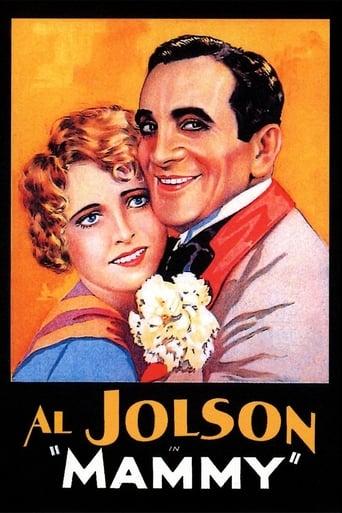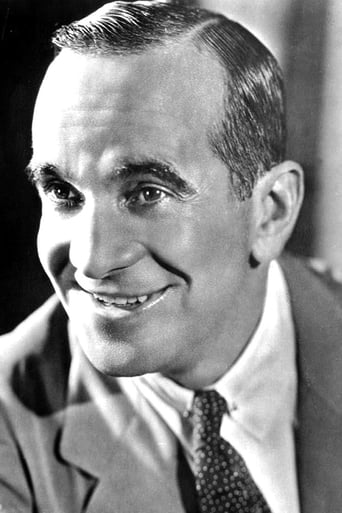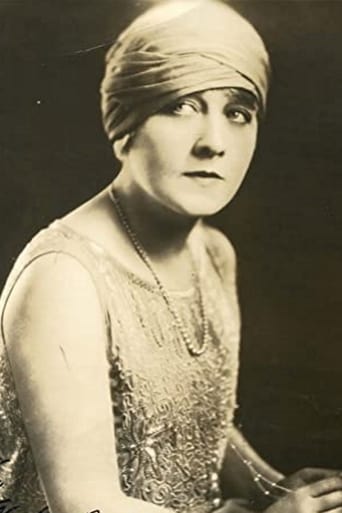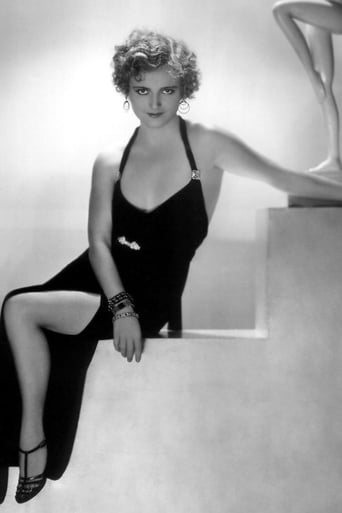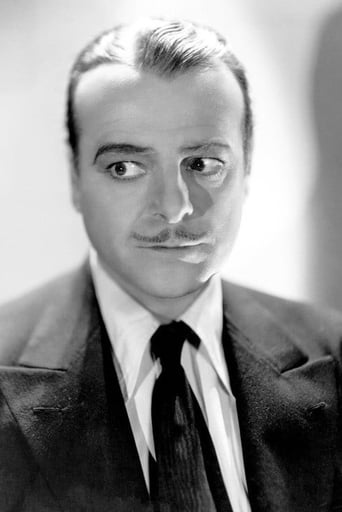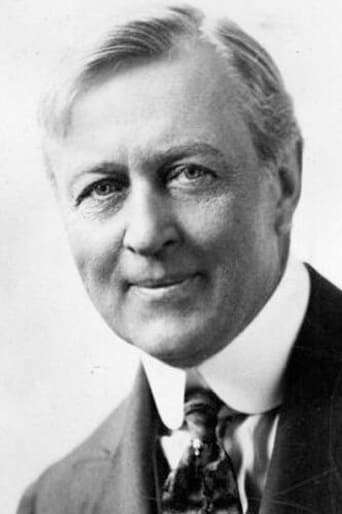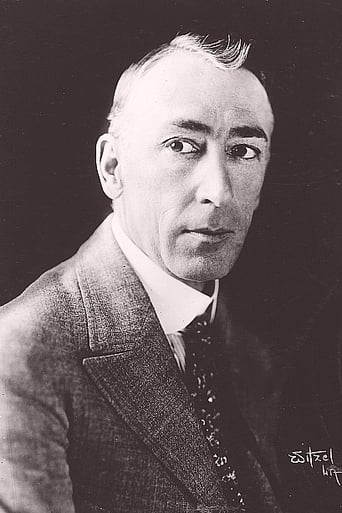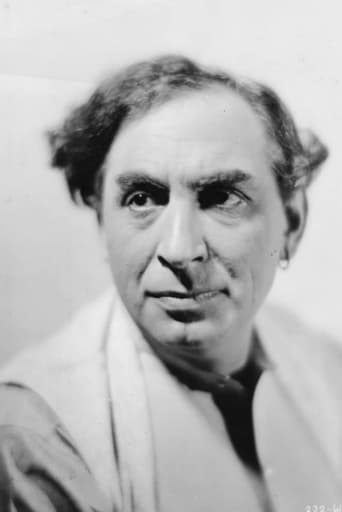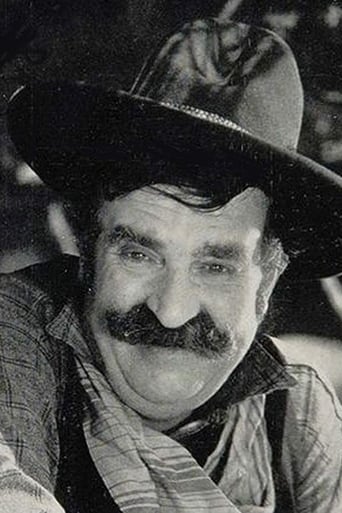Mammy features Al Jolson as the star of a travelling minstrel show, appearing in a small Southern town. Jolson falls in love with an actress in the troupe (Lois Moran), but she loves another. One of Jolson's fellow minstrels (Lowell Sherman) is shot backstage, and it is assumed thanks to several plot convolutions that Jolson is guilty of the deed.
Similar titles
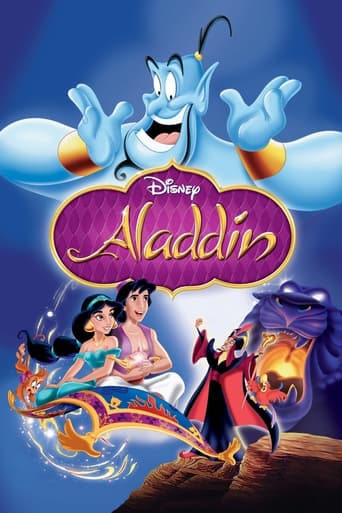

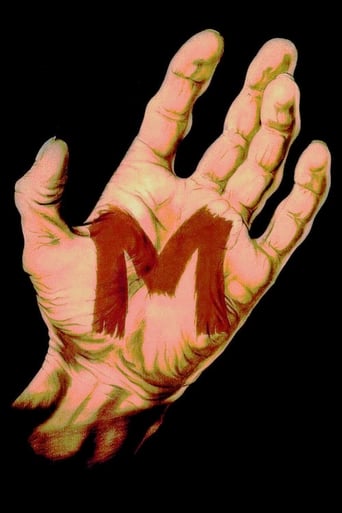
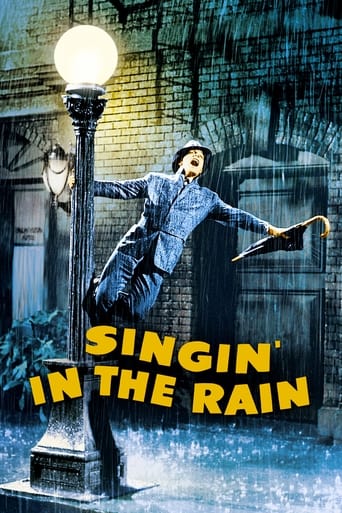

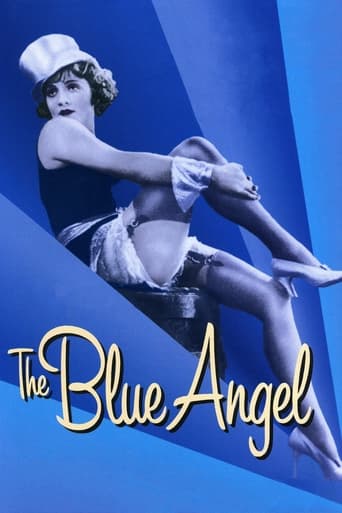
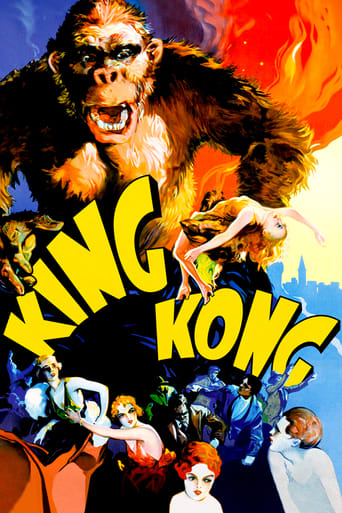
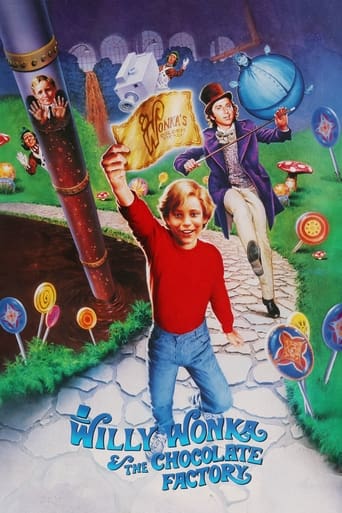
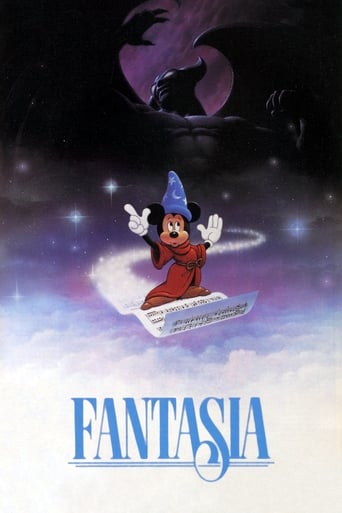
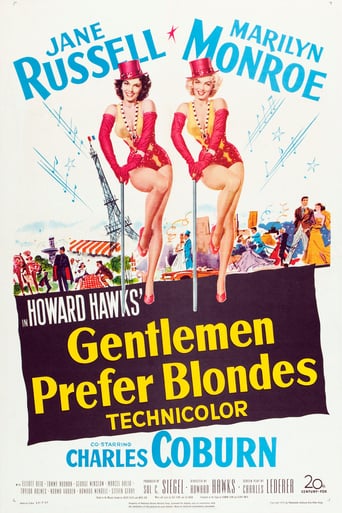
Reviews
Good start, but then it gets ruined
It is neither dumb nor smart enough to be fun, and spends way too much time with its boring human characters.
It is interesting even when nothing much happens, which is for most of its 3-hour running time. Read full review
Very good movie overall, highly recommended. Most of the negative reviews don't have any merit and are all pollitically based. Give this movie a chance at least, and it might give you a different perspective.
Just watched this on Warner Archive DVD. It also had the trailer for it in which star Al Jolson is "interviewed" by a reporter about his latest picture. I put "interviewed" in quotes because I'm sure that "reporter" was another actor helping plug the picture. Anyway, I enjoyed the story and performances though it's really Jolson's songs-mostly written by Irving Berlin-that help sell the movie on its merits. This version has the restored 2-strip Technicolor sequences that looked pretty good for its age. Some of those scenes had to be accompanied by sepia-toned black and white ones to show them complete which didn't distract me too much. In summary, Mammy-despite some now-politically incorrect stereotypes concerning the blackface sequences-was pretty entertaining.
Good to have this one on a "restored and remastered" Warner Archive DVD, complete with its original "Overture" and its Technicolor sequences (be they a little bit damaged). Most people complain about the attempted restoration of the two Technicolor sequences, but I thought the archives did a remarkably good job here. Where they failed was with the Overture. I anticipated that it would be at least as effective as the stirring music track for Don Juan (1926). But not on your life! These boys have had three years to refine their task, and they come up with something that isn't a quarter as stirring or effective. Fortunately, the sound track of the movie itself is much better, though it too seems to have only half the volume and no more than a quarter of the Barrymore movie's oomph and daring. All the same, it's hard to keep Al Jolson down. Even at his worst (some of the end-man's corny feeds to the Interlocutor), Jolson is still almost the best thing about Mammy. I say "almost" because Al is actually thoroughly beaten for acting honors by the title lady herself, brilliantly played here by Louise Dresser. Despite the movie's title, her role is actually rather small. But you'll never forget her. Wisely, Curtiz, his cameraman (Barney McGill), his editor (Owen Marks) and his costume designers (Earl Luick and Edward Stevenson) focus all our attention on Louise when she does actually appear. For once in the picture, Jolson feeds her all the dialogue. In all other scenes in which he appears, Jolson is the one who is fed. This is bad, actually, because it makes the plot hard to follow when the victim is given all the close-ups and the perpetrator is almost always observed in long shot and makes virtually no impression at all. Still, you could argue that Mammy is a musical and that the plot doesn't really matter. There's more than a bit of truth in that argument, so don't let the plot worry you. Just sit back and enjoy all the standard Irving Berlin minstrelsy.
Aren't you glad the Disney Corpcatters don't own ,"Mammy? If they did we would never see it.They are political correct hypocrites. They are hiding there own racism by not reissuing ,"Song of the South.Time Warner is Moderately politically correct.Cartoon network had began to censor all the classic cartoons to appease Communist family values, that are a threat to our constitution. Then they had them removed, Warner home video D.V.D.took advantage of this . They saw cartoon network ridiculous, Thank goodness for them. T.C.M. does not promote censorship against the past, that is what they already got and shown. But they promote censorship against introducing any more classic propaganda film classic of the third Reich than what they already shown. They are greedy. Warner home video was even thinking of releasing in this country,the restore version , which is not completed yet , of Viedt Harlan's Opfergang, but they chicken out do to his infamous Jude SuS. I am oppose to political correctness . It isn't liberalism. It's a part of the communist manifesto. In Russia the government would send people to Siberia if they criticize the government or express negative views against their comrades.I don't get offended at the black face sequences cause it's history and it's parody based on past attitudes.The minstrel show is a fact of the past. It needs to be excepted.Any negative thing of the past can't offend me. It's too old. Hitler is dead.Al Jolson did black face because in white show biz when a performer was shy he try to cover up his shyness by parody, the black folk. Eddie Cantor did this too. Non of them were racist. Black Vaudeville did the same parodies too.In fact you had black Americans who also did minstrel shows too.Bojangles did .Movies like this are for classic film fans and fans of film history. Political correctness is anti past, prejudice or not.I was sure glad that Warner's did not add a third color to the sequences. The black face cross dressers dress were pure green. They could of filled in the gaps with artificially restoring the red and green through taking the image in a computer and splitting it adding red and green tones to each image and super imposing it together and put it back on new film stock. It would of looked as if it was fully complete. My guess it was probably too expensive and would of taken too long to complete. But it's possible and the restorers wanted to keep the original condition they found it in any how. Since having to fix the color was expensive enough. I did not know that Irving Berlin wrote Pretty Baby. the song.But the numbers are good. The story is good too.About a very bad minstrel show troupe. The struggle that they have to put on to survive. It's a dying art in 1930. Their lead singer is Al. Headed by Lowell Sherman. who is engaged to the daughter of who runs the show. Lois Moran.But Lowell is flirting around and she doesn't like it.Al Fuller is in love with her. Traditionally when you have a color sequence in a black and white movie the actress is more dolled up. Well Miss Moran remains none doll up in the color sequence . No rough . That's more real. The final,of the first show,"Yes we have no bananas," was taken from a broad way show, starring Grace Moore. It was a parody of The Nibelung by Richard Wagner . Moore was dress as Broom Hilde. This is based on a Broad way book I checked out in the library years ago. Instead of hi-ya HiYa hi- YA! they sang Yes we have no bananas. This movie is worth a collection by the casual and serious fan. Available at Warner shop dot com and amazon. 06/25/11 Made a mistake Lois Moran is dolled up at the finale
Mammy (1930) ** (out of 4) Al Fuller (Al Jolson) is an entertainer in a minstrel show who just happens to be in love with a woman (Lois Moran) who can't have him because she's in love with another performer (Lowell Sherman). During the act there's a sequence where Fuller must shoot the "other man" but after doing so this night a real bullet comes out. Fuller runs off to his mother who tells him he should go back and face the music. Fans of Al Jolson swear up and down that the entertainer doesn't get the credit he deserves today because of the fact that he appeared in blackface. The actor will always be remembered by film buffs for THE JAZZ SINGER but I'm going to go against some of the fans and say that he's not better remembered today not due to the blackface but because of the fact that his movies simply aren't that good. MAMMY is the perfect example of this. The performances are bad. The story is downright silly. The talking sequences are all rather lame but this can be blamed on the technology of the time. Curtiz, one of the greatest directors from the Golden Age of Hollywood, is absent throughout much of the running time. We can start with the story as it's just downright silly and it's easy to say that not much time was spent on it as the studio was clearly more worried about the music. That's understandable so we can let the bad story slide. Curtiz' direction really doesn't bring any of the material to life and just check out how poorly shot the opening sequence is in the rain. The other minstrel show stuff will probably offend most people but I've seen enough movies and know enough about history to realize that this type of thing was accepted in 1930. Still, seeing a bunch of actors in blackface singing "Yes! We Have No Bananas" is probably going to be too much. The music numbers are the only thing that makes this worth viewing as there's no question that Jolson has a terrific voice and it can be heard in some great songs including "Yes, Sir, That's My Baby," "Mammy," "In the Morning," and several others. Jolson does his best to keep the energy going but he's given some pretty poor dialogue including some really lame jokes. The supporting players don't help too much either but then again the screenplay isn't doing them any favors. MAMMY is probably best known for the two sequences shot in 2-strip Technicolor. The picture quality today is quite rough but at the same time I was rather shocked at how incredibly bad the blackface looked in color. It looks like they would have done some more tests because just take a look at it during the first color number.
Top Streaming Movies












